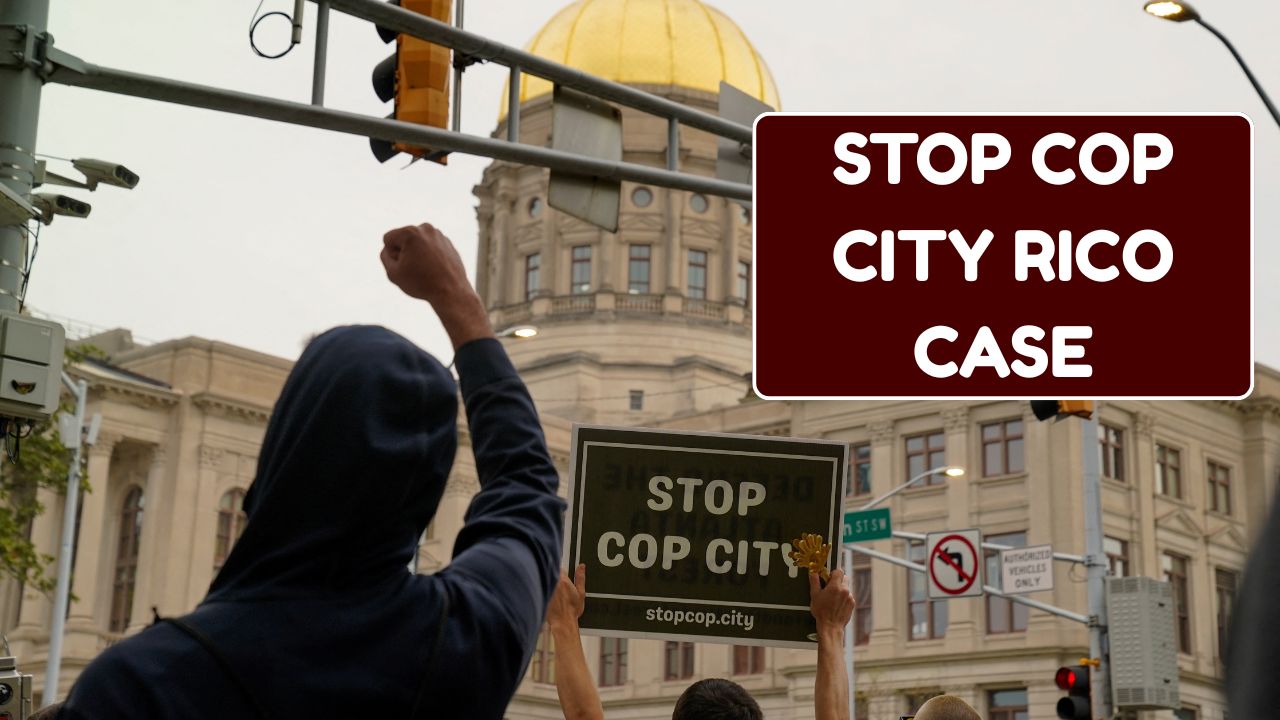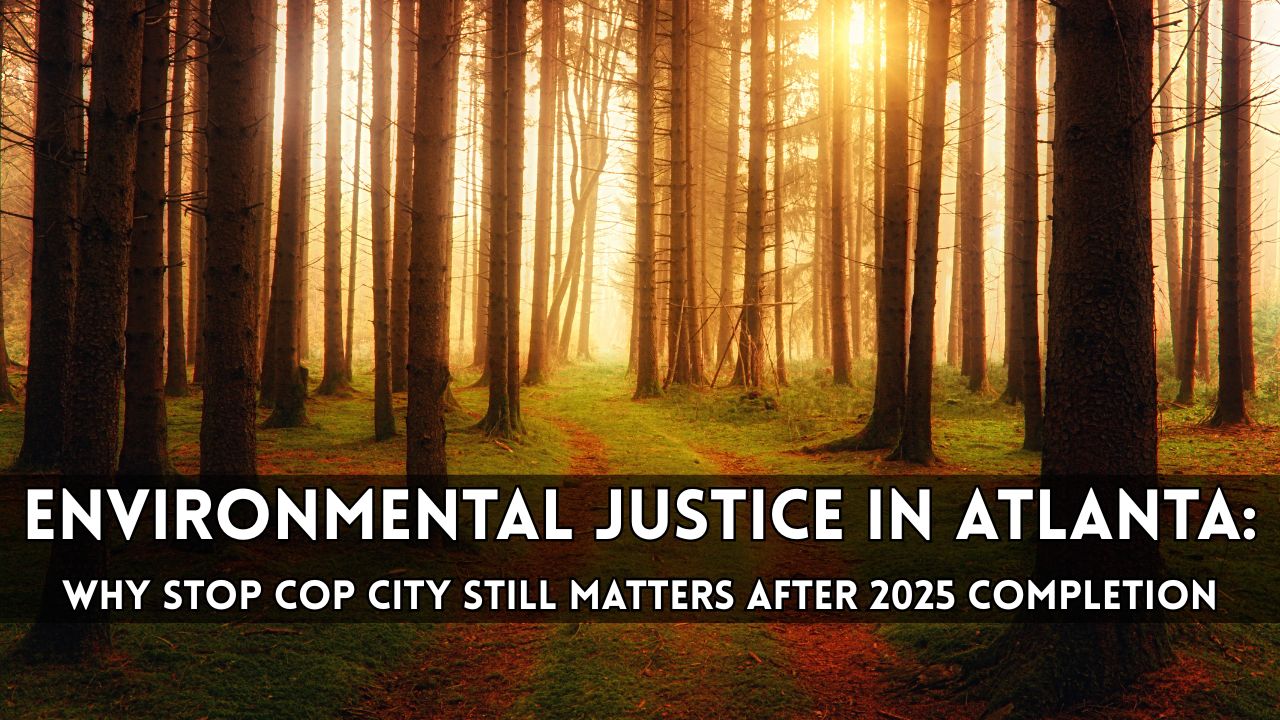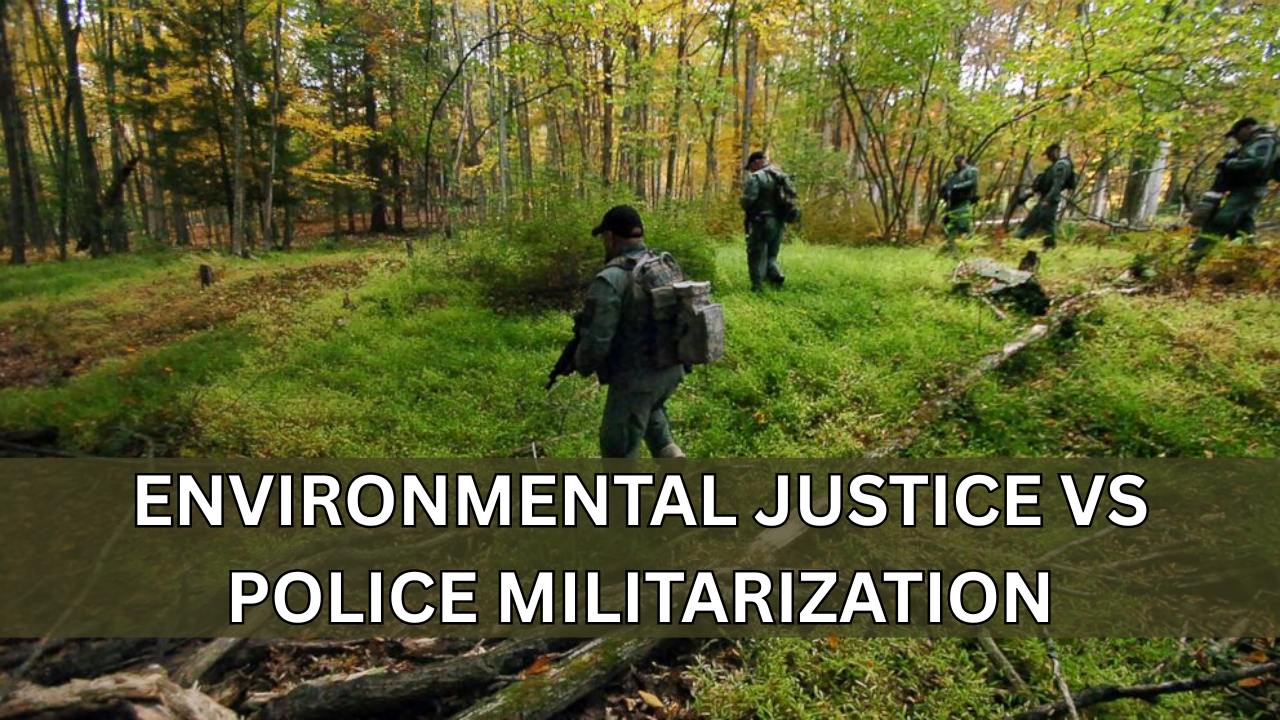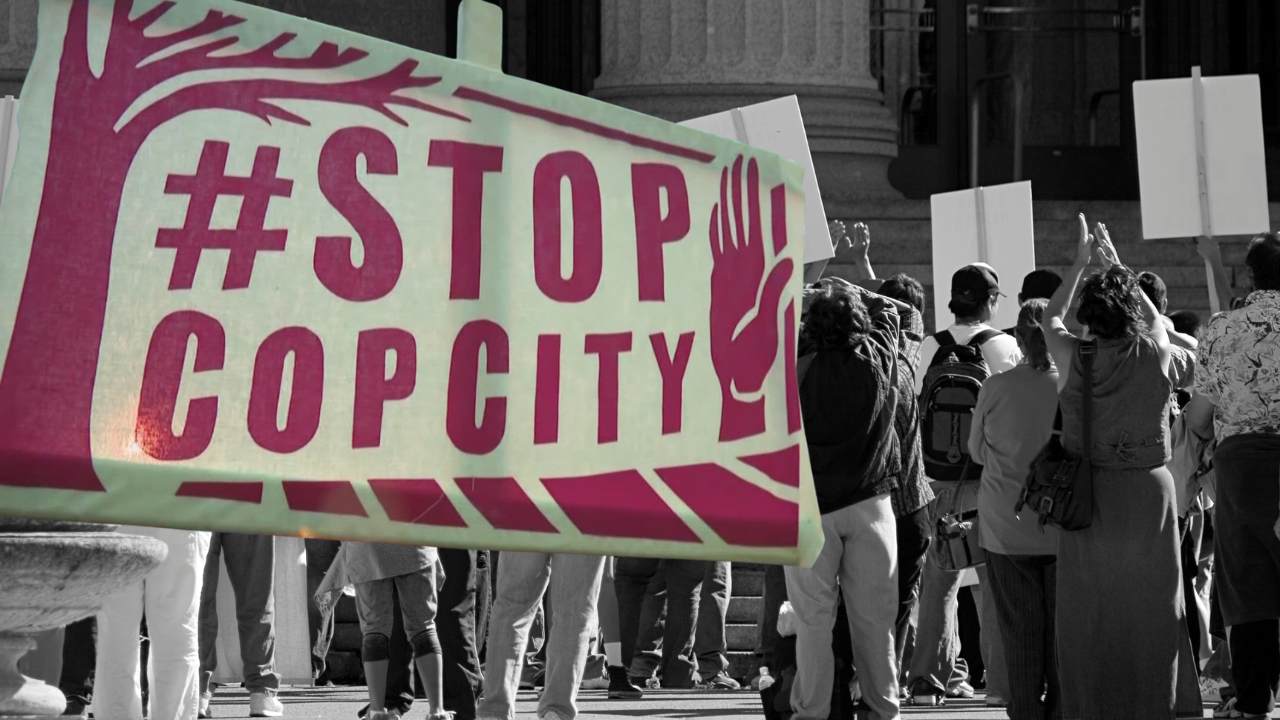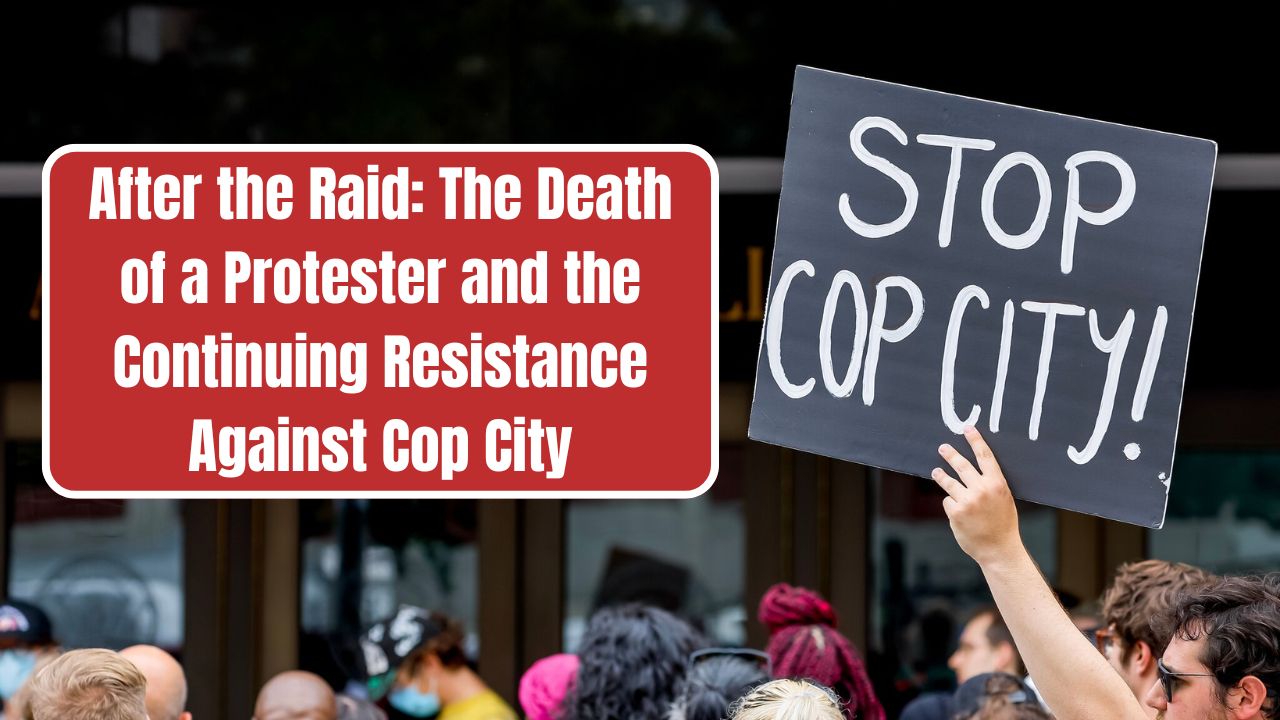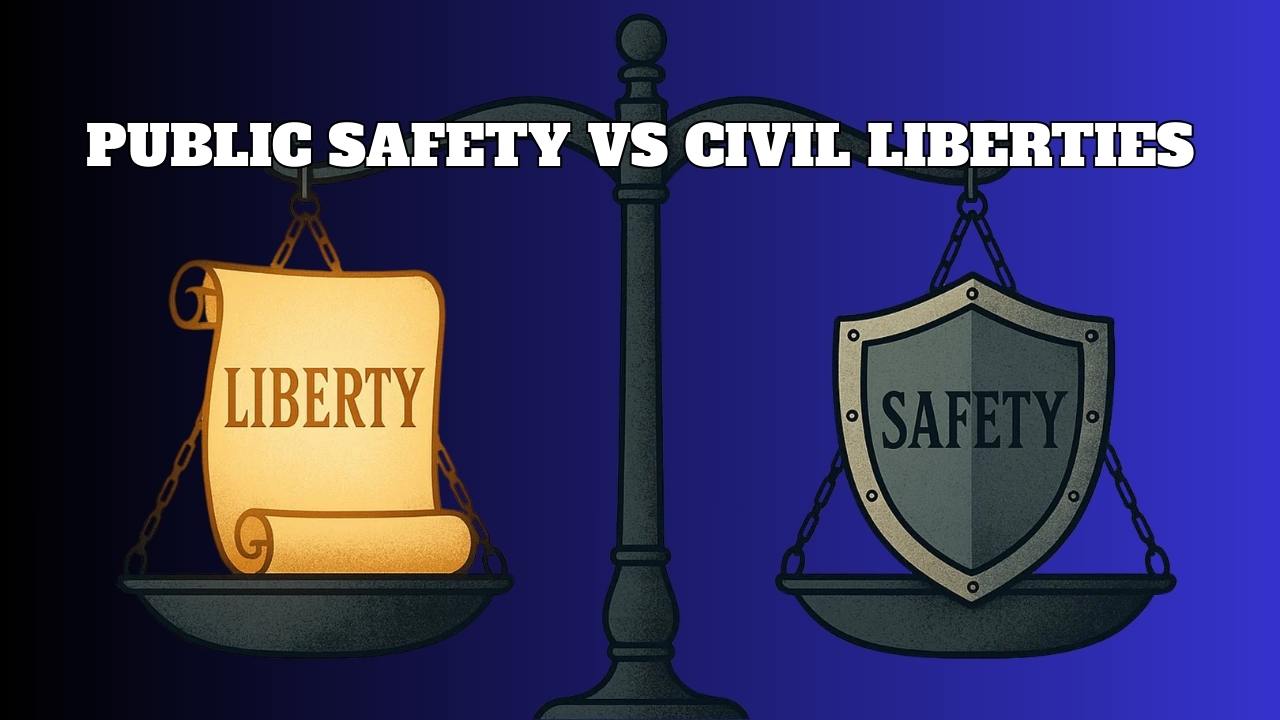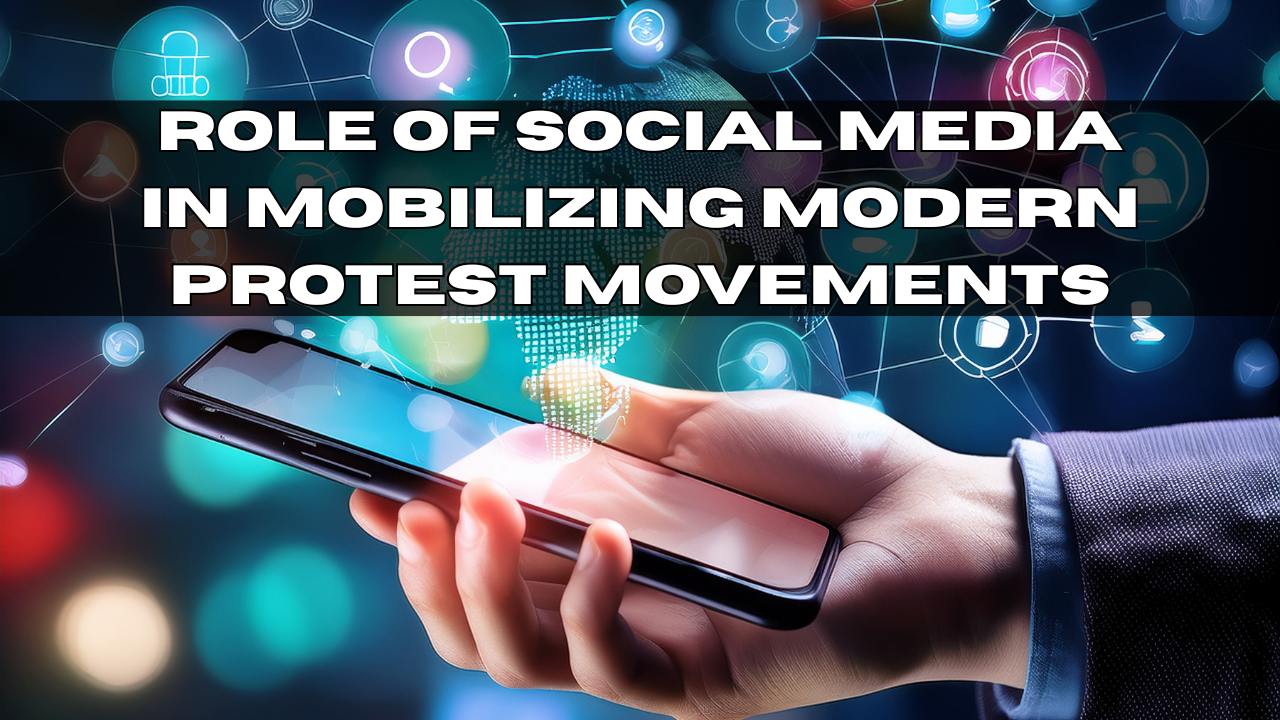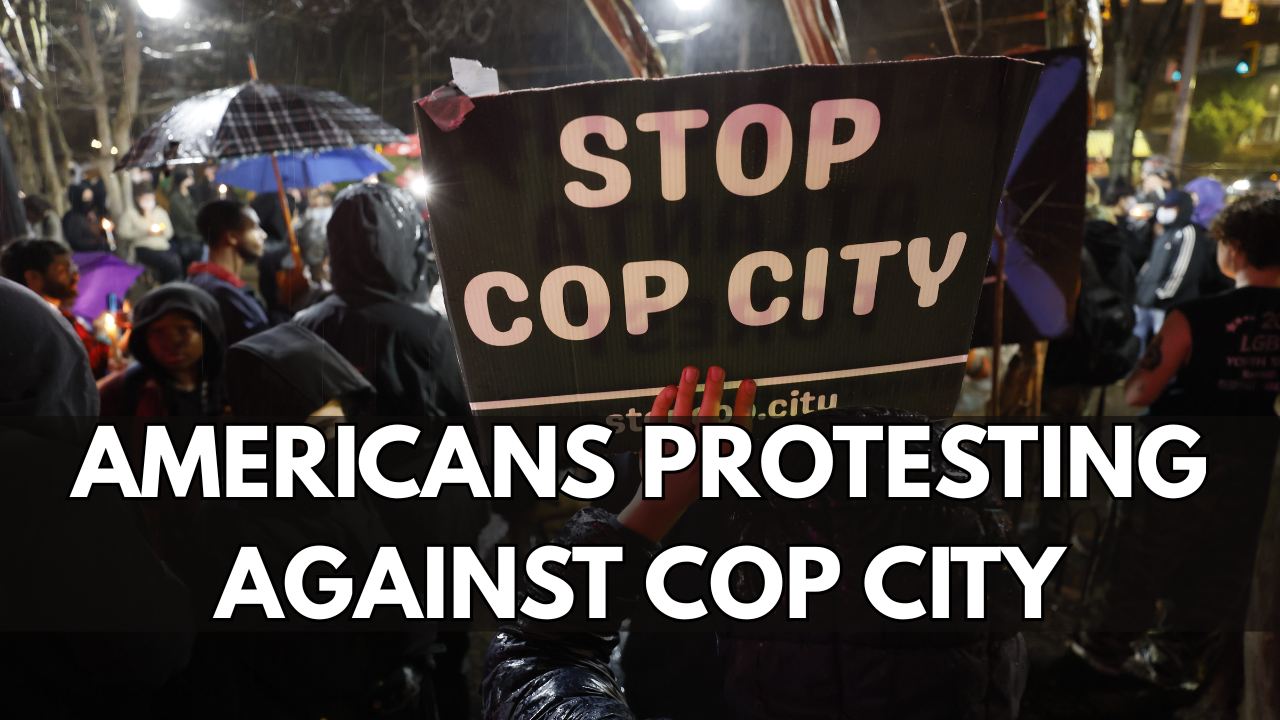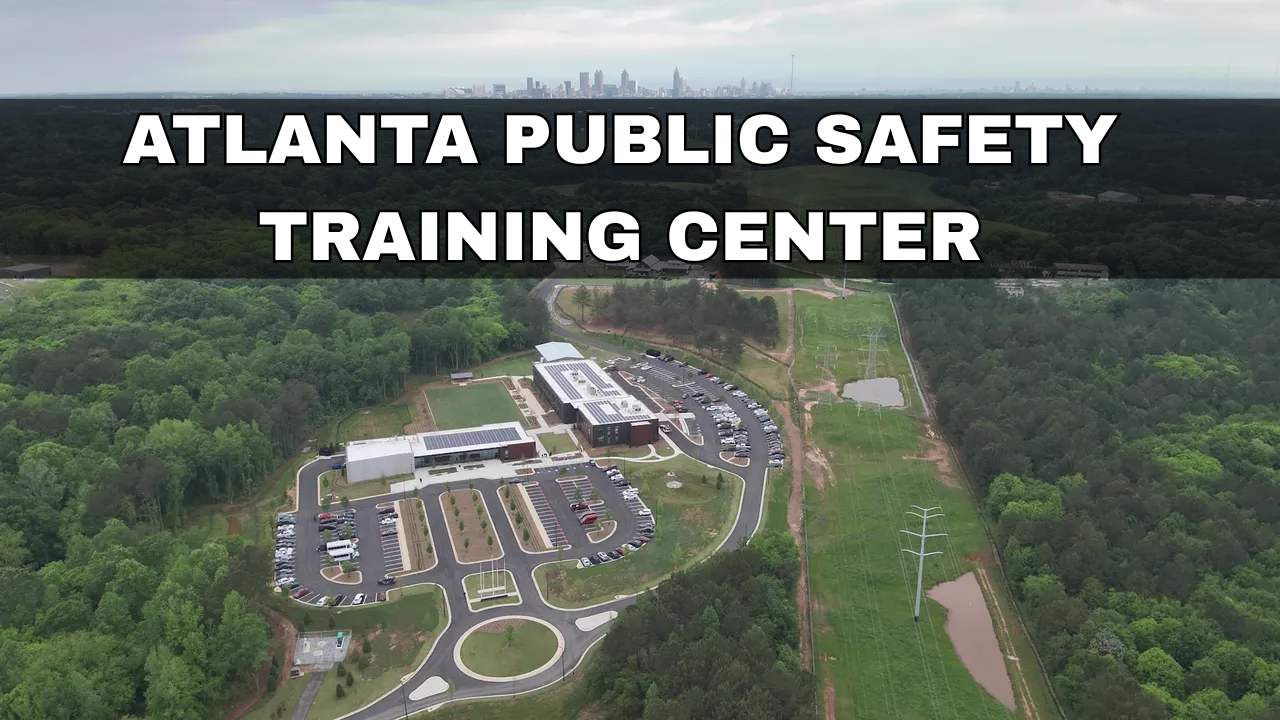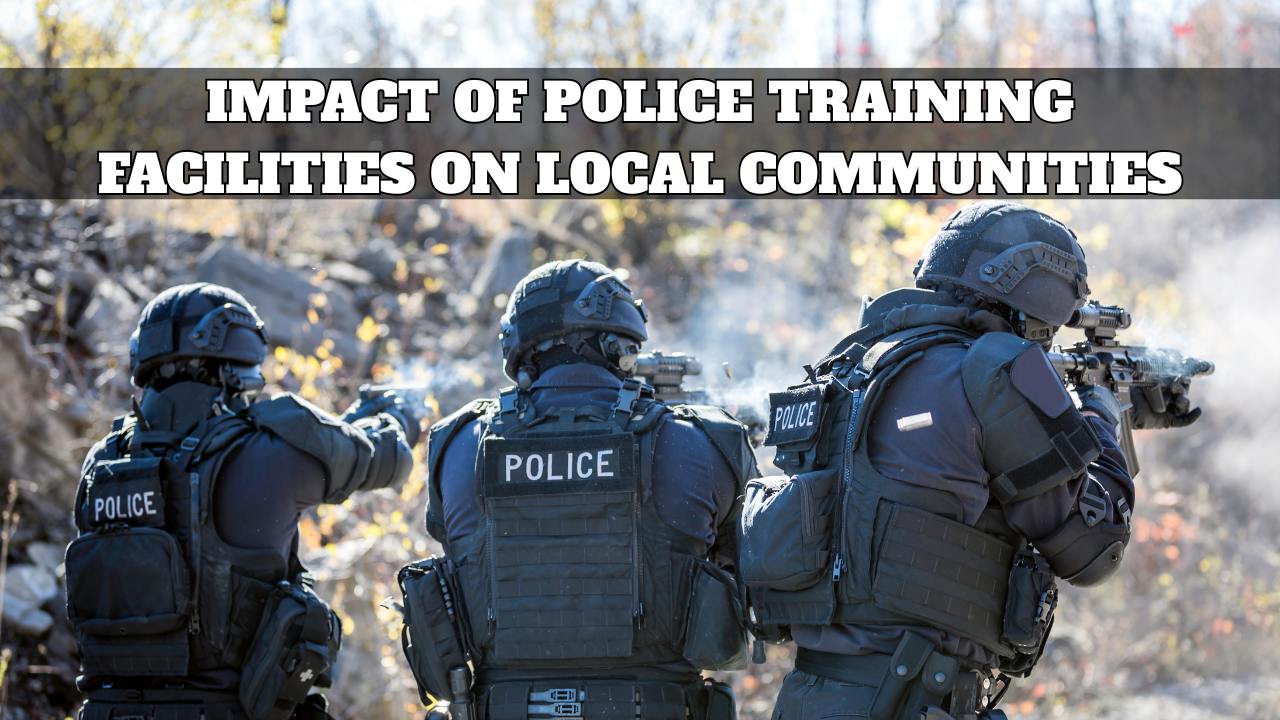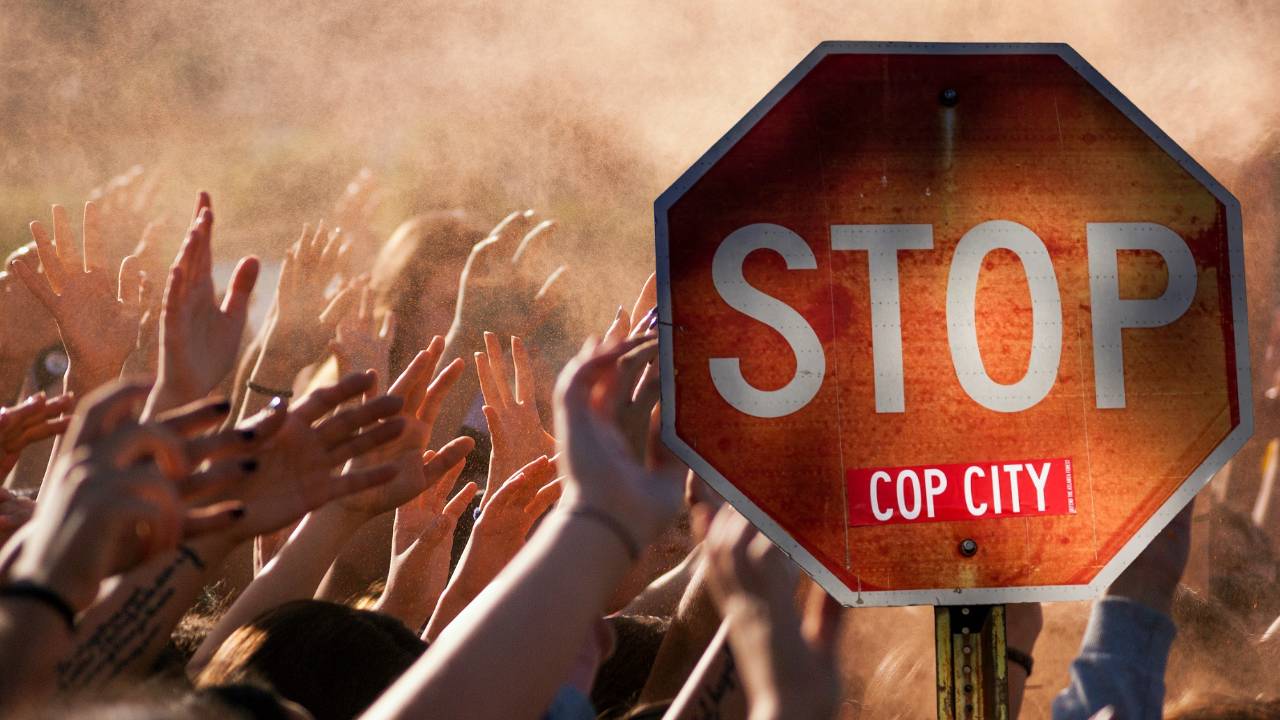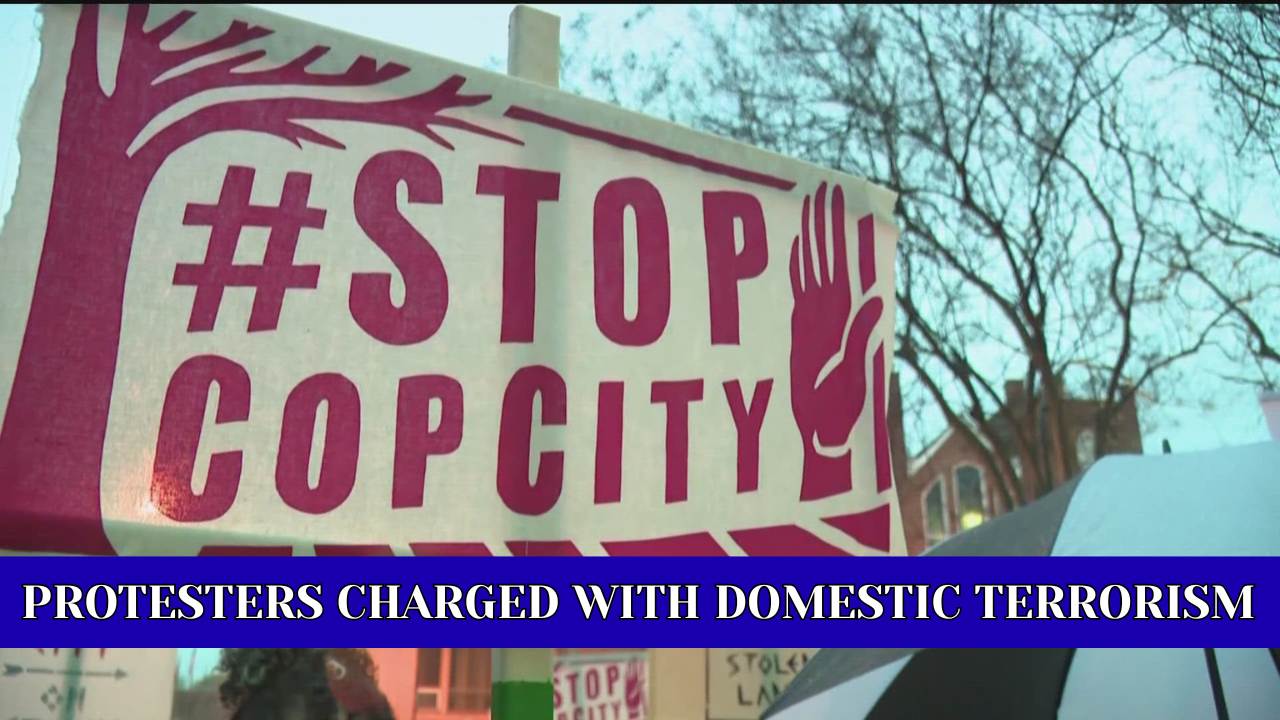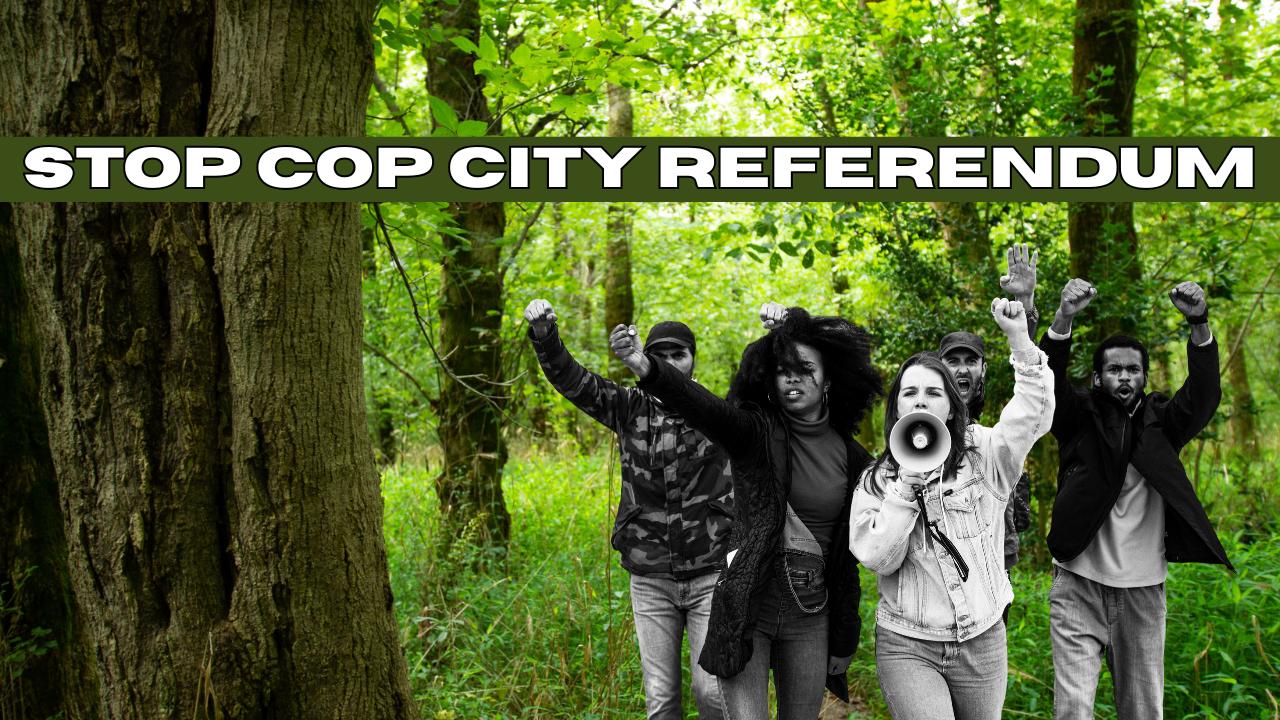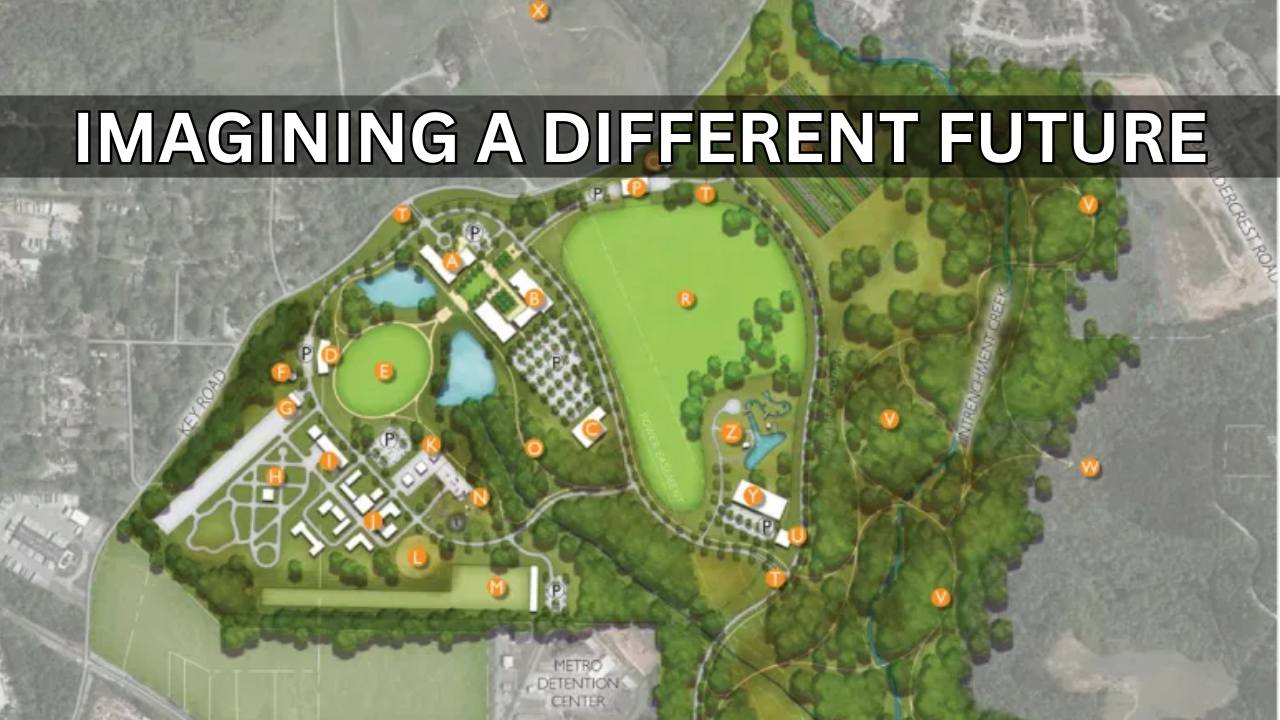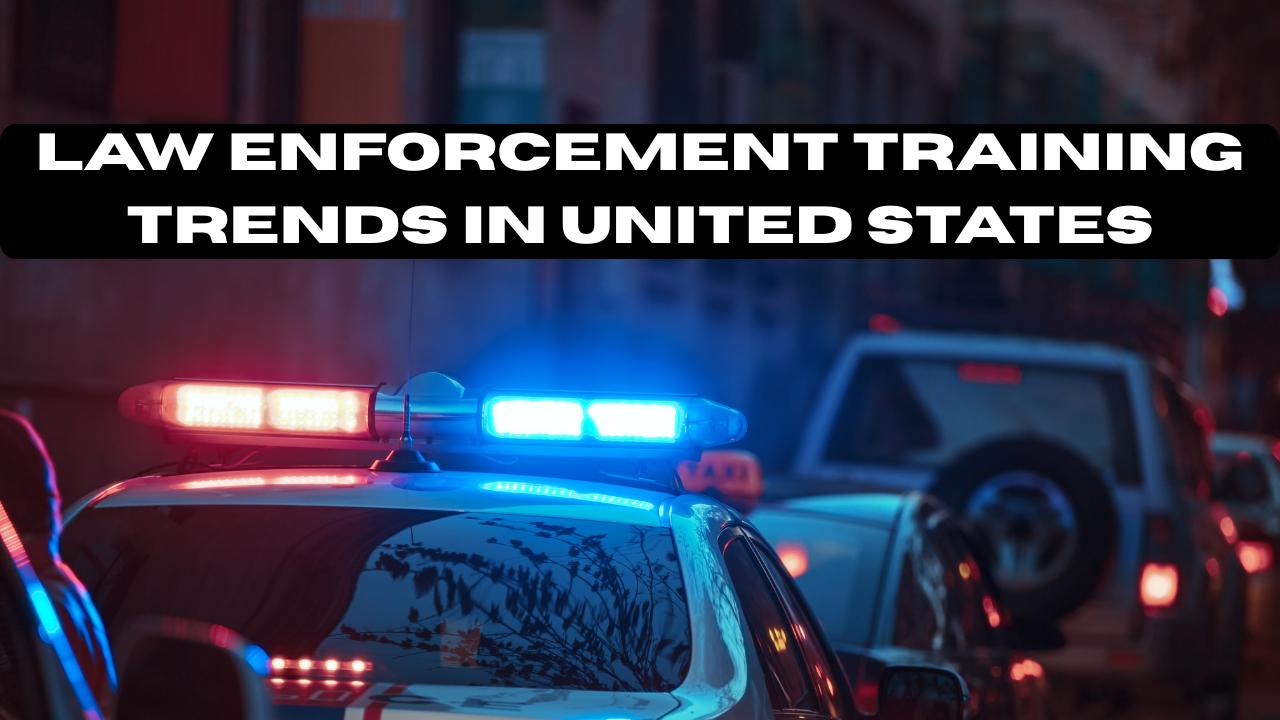The movement known as Stop Cop City (SCC), or Defend the Atlanta Forest (DTF), was a decentralised effort based in Atlanta, Georgia, opposing the Atlanta Public Safety Training Centre, informally known as “Cop City”. This facility was announced in 2021 through a partnership between the Atlanta Police Foundation and the City of Atlanta, and it was finalised in April 2026. You can check the Stop Cop City RICO Case updates in this post for your reference.
The Stop Cop City movement has drawn international attention, particularly after the tragic death of Tortuguita, a protester who was occupying the contested site, during a police raid in January 2023. Get more information below about the Stop Cop City RICO case, what this case is all about, etc.
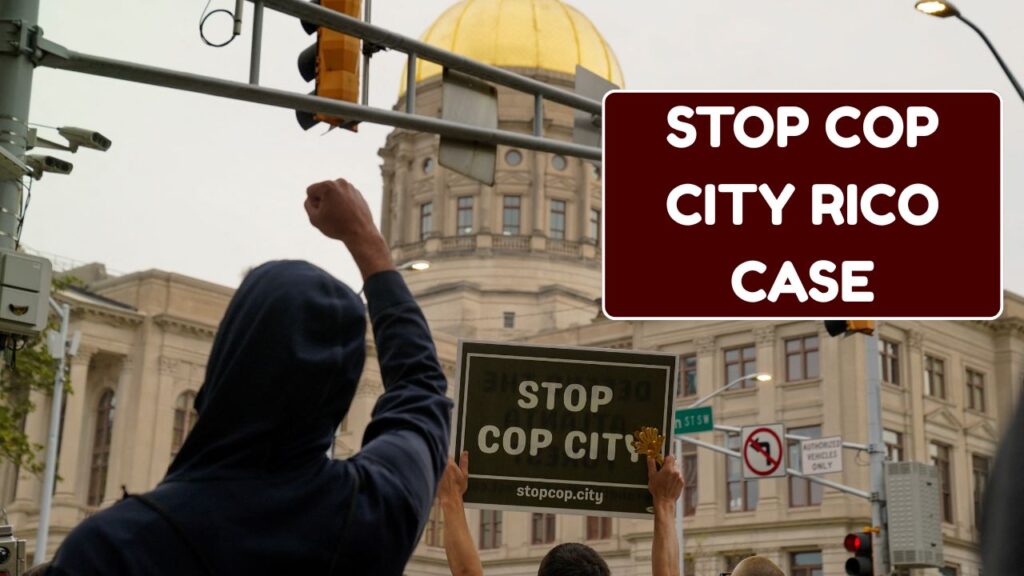
Stop Cop City RICO Case
The Stop Cop City RICO case has become one of the most talked-about, controversial, and politically charged legal disputes in the United States in recent memory. What began as a local protest rally in Atlanta against the development of a large police training facility ultimately became a national discussion about civil liberties, rights to protest, government overreach, and the bounds of the justice system.
In 2023 and 2024, Georgia prosecutors brought vast RICO (Racketeer Influenced and Corrupt Organisations Act) charges against dozens of activists, claiming they were participants in a coordinated criminal conspiracy to disrupt, damage, and stop the development of the publicly funded police complex often called “Cop City.”
Stop Cop City Background
The debate over Cop City started many years before the RICO charges were even filed. Officially, the Atlanta Public Safety Training Centre (Cop City) is a large police and fire training compound with a price tag of $90 million, overseen by the Atlanta Police Foundation, proposed to take form on 85 acres of trees and forest in DeKalb County.
The proposed site, situated within historic South River Forest, a space often referred to as the lungs of Atlanta, raised immediate concerns from environmental organisations, residents of adjacent neighbourhoods, and social justice activists. For decades, the property provided a natural buffer for predominantly Black neighbourhoods in Southeast Atlanta.
Many viewed the development as an example of environmental injustice, asserting that once more, marginalised communities were forced to bear the environmental and social burden of large-scale development without significant input and benefit. Although several thousand residents objected, and long public comment periods occurred, city leaders continued to approve the project.
After all this, the public frustration grew, and the Stop Cop City movement emerged. What started as a neighbourhood opposition transformed into one of the most prominent environmental and racial justice coalitions in the Southeast. However, the escalation of the movement came with its own tensions: clashes with police, allegations of property damage, and political tension prepping the scene for what would end up being one of the most aggressive criminal prosecutions of activists in modern U.S. history.
Stop Cop City Activists
The Stop Cop City activists are not one organisation, but a broad coalition with many issues, identities, and political beliefs. What they do share is an opposition to the construction of the police training facility, and they call for the protection of the South River Forest.
At the centre of the movement are residents who live in neighbourhoods that are adjacent to the proposed site. Many have historical stories of fighting against environmental racism and advocating for equitable development processes in southeast Atlanta. These residents contend they were cut out of the decision-making process and left out of the city’s negotiations with large corporate partners.
Stop Cop City Public Reaction
The Stop Cop City RICO case has garnered broad, very polarising responses from supporters of the activists who viewed the police’s indictment as a blatant attack on democracy and civil rights, in addition to state violence and those who thought the state needed to escalate the legal actions against groups and individuals who were using violence to dismantle community standards of order and safety.
After an indictment, civil rights organisations, environmental groups, and legal scholars have condemned such charges in several cases from around the country. The ACLU, NAACP, SPLC, and Human Rights Watch issued statements warning that the indictment puts all basic constitutional rights at risk, directly referring to the potential implications of expanding the legal definition of terrorism from violence and destruction against property to lawful dissent via the constitutional process.
Critically, even some former federal prosecutors have deemed the indictment as “legally thin,” “politically motivated,” in that the state of Georgia is using RICO as a political weapon instead of a criminal justice tool. Public protests occurred in multiple cities following the indictment.
Frequently Asked Questions On Stop Cop City RICO Case
- What is Cop City, and why are people protesting it?
- Cop City is the name attributed by protesters to a proposed new police training facility in Atlanta, Georgia. The Cop City protestors oppose the facility for a variety of reasons, such as environmental destruction, police planning for a militarised future, etc.
- Why were RICO charges used against the activists?
- The Georgia prosecutors argued that the movement was acting as a coordinated criminal enterprise. Activists and others have pointed out that RICO is a significant overreach and violation of civil liberties.
- Are the Stop Cop City activists being charged with violent crimes?
- While there have been charges specific to individuals due to property damage and other laws, most of the charges related to the Stop Cop City activists’ activities relate only to lawful acts of protest.
- What’s next in the RICO case?
- The RICO case is ongoing in 2026, with important motions to dismiss or press a constitutional challenge that may be significant in reshaping whether the charges move forward.
